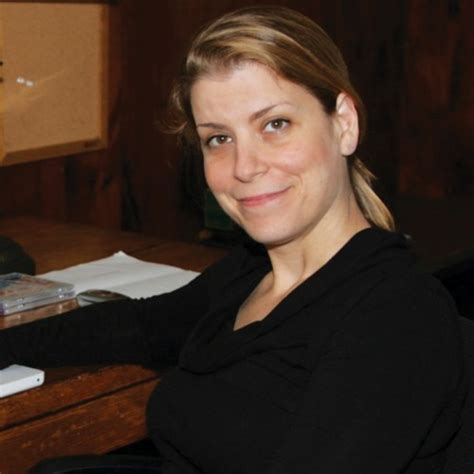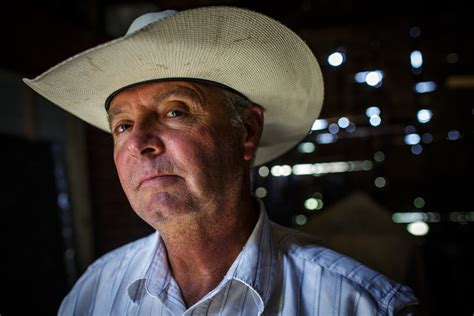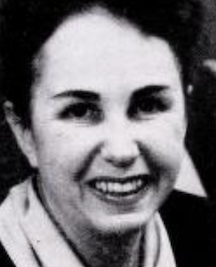A Quote by Edward Hirsch
I think that the dark side of MFA programs is that they're generating more poets than the culture can absorb and there are more people writing poetry than possibly read it or can certainly earn a living around it.
Related Quotes
The effects of MFA programs, and the rise of creative writing instruction more generally, are far more diffuse than people think. Even if you're a writer who has avoided institutions your whole life, you're still going to be reading a lot of writers who have MFAs, and are affiliated with universities.
If the United States haven't grown poets, on any scale of grandeur, it is certain that they import, print, and read more poetry than any equal number of people elsewhere -- probably more than the rest of the world combined. Poetry (like a grand personality) is a growth of many generations -- many rare combinations. To have great poets, there must be great audiences too.
My biggest poetic influences are probably 20th-century British and Irish poets. So I suppose I'm always listening for the music I associate with that poetry, the telling images, the brevity. I want to hear it in my own work as well as in the poetry I read. However, I think I'm generally more forgiving of other poets than myself.
I tend to like the way poets form communities. Writing can be lonely after all. Modern life can be lonely. Poets do seem to be more social than fiction writers. This could be because of poetry's roots in the oral tradition - poetry is read aloud and even performed. I'm just speculating, of course. At any rate, because poets form these groups, they learn from one another. That is one of the best things about being a poet.
I certainly was surprised to be named Poet Laureate of this far-out city on the left side of the world, and I gratefully accept, for as I told the Mayor, "How could I refuse?" I'd rather be Poet Laureate of San Francisco than anywhere because this city has always been a poetic center, a frontier for free poetic life, with perhaps more poets and more poetry readers than any city in the world.
Poetry is basically built out of what I think of as being a fairly political act at its core: "I'm not going to listen to how you described things. I'm going to look at them much more intensely and carefully than most people do, and certainly more intensely than our culture wants us to." The mission of the poem, of course, is to try to find the way to do that in the smallest amount of space possible.
In general, I would think that at present prose writers are much in advance of the poets. In the old days, I read more poetry than prose, but now it is in prose where you find things being put together well, where there is great ambition, and equal talent. Poets have gotten so careless, it is a disgrace. You can’t pick up a page. All the words slide off.
By government giveaway programs, individuals are often hurt far more than they are helped. The recipients of these programs become dependent on the government and their dignity is destroyed. Is it compassionate to enslave more and more people by making them a part of the government dependency cycle? I think compassion should be measured by how many people no longer need it. Helping people to become self-sufficient is much more compassionate than drugging them with the narcotic of welfare.



































